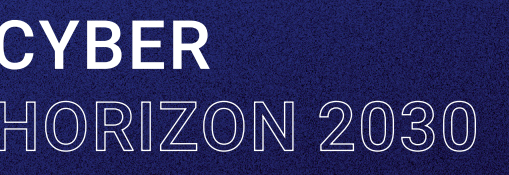Cyber Horizon 2030

Dessiner un futur proche, en identifiant les priorités et les futurs défis de notre secteur et en extrapolant les tendances observées aujourd’hui.
Catégorie : Commun Statut : Production 1 : Idée - 2 : Prototype - 3 : Validation - 4 : ProductionMots clés : 2030, Anticipation, Ultra-scénario
Production
Download the booklet : Horizon Cyber 2030
Campus Cyber's first foresight exercise mobilized a wide range of profiles to create an almost tangible vision of our near future in cybersecurity, 5 or even 10 years ahead. Other work completes this vision, in particular that of the Red Team Defense of the French Ministry of Defence and PSL University.
- Our aim: to map out the near future, identifying priorities and future challenges for our sector, and extrapolating trends observed today.
The exercise, inevitably perilous, called for a number of choices to be made. Several dozen priorities and several hundred actions were collected, demonstrating the benefits of synergies between players in the cyber ecosystem. First of all, we realized that today's priorities will also be tomorrow's: the fundamentals of cybersecurity will not necessarily be called into question in the years to come.
On the other hand, translating them into concrete solutions poses a real challenge, given the multiplicity of possible paths and the complexity of the changes required to resolve the major problems identified.
We chose to select only those challenges which we felt were the most complex to solve, and which required the cooperation of many players - a principle at the very heart of the Cyber Campus project. These choices were made through a series of collaborative workshops, involving over 60 public and private entities.
This document is not intended to provide an exhaustive and comprehensive account of the discussions that took place, nor to offer a definitive vision of what lies ahead in the years to come.
It presents a deliberately short - and therefore frustrating - summary of possible futures, along with associated priorities and challenges. The exercise will certainly continue and improve over time. However, we hope it will inspire future work on the Campus Cyber .
We would like to thank the 51 contributors who agreed to take part in the various workshops, despite the health context, and in an almost entirely digital format. The organization of the workshops and the production of this document would not have been possible without the commitment of the members, particularly AXA, Wavestone and Campus Cyber, coordinators of the dedicated working group.
